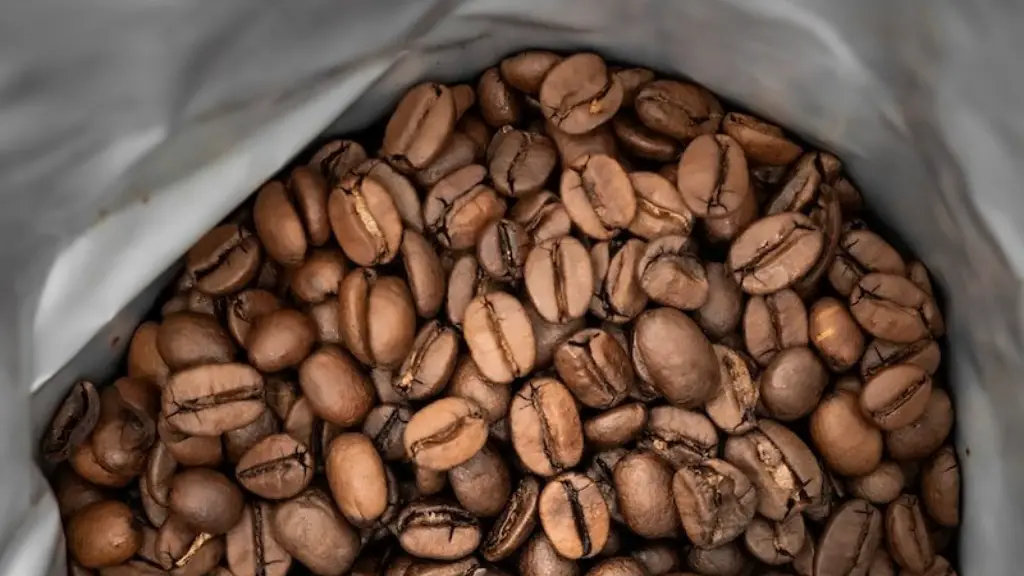As teenagers growth and hormone levels increase, so too do their basic needs consisting of food, drinks, and energy. It is necessary to maintain a healthy diet in order to remain in good health. Drinking coffee is now ubiquitous among today’s teens and with it, the age-old question, ‘Is it okay for a teenager to drink coffee?’
Caffeine is found in many drinks, including tea, caffeinated soda, and energy drinks, so it is naturally questioned if regular consumption of coffee is safe for teenagers. A study published in 2018 suggests that the overall caffeine intake among adolescents has increased significantly over the past two decades, but further research is needed to determine the effects of this increase on the adolescent body and brain.
The American Academy of Pediatrics (AAP) recommends that teenagers limit caffeine intake to no more than 100 mg per day, approximately one or two 8-ounce cups of coffee or tea. Excess caffeine intake can cause restlessness, insomnia, irritability, headaches, and dehydration. Dr. Vadnais, a general practitioner based in New York, states that she advises her teenage patients to not drink coffee or to drink it in moderation. She believes that coffee can be beneficial and can even improve the mood of teenagers, but she emphasizes balancing it with equivalent amounts of water.
Research suggests that coffee can be beneficial for teenagers in some situations. A 2018 study found that coffee could help improve their alertness, memory, and reasoning. Coffee also contains antioxidants that can protect against cancer, diabetes, Alzheimer’s disease and other age-related illnesses. Furthermore, coffee can act like a stimulant and make it easier to study or stay awake during exams.
However, excessive and regular caffeine intake can lead to physical and mental health issues. Caffeine increases cortisol levels, leading to increased stress and anxiety, which can therefore have a negative effect on the body. Additionally, consuming more than 400 mg of caffeine may induce side effects such as increased heart rate and blood pressure, digestive problems, body tremors, and headaches.
In conclusion, the key to drinking coffee is moderation. When consumed in the right amount and at the right time, coffee can be beneficial and enjoyable. Additionally, when teenagers or adults drink it, they should also ensure that they drink plenty of water to counter the effects of dehydration due to caffeine.
Nutrition and Healthy Diets
Teenagers are in a critical growth period, so there are certain foods that should be avoided or severely limited. Dr. Vadnais notes that teenagers should not consume large amounts of protein due to the potential for increased urinary calcium excretion, which can lead to kidney stones.
It is also important for teenagers to maintain a balanced dietary pattern composed of a variety of healthy foods. Whole grains, dairy, fruits and vegetables should make up the majority of teenage diets, alongside with sources of healthy fats such as avocados, nuts, seeds and fatty fish. Poor dietary patterns are associated with a higher risk of obesity, depression, and other health problems.
In the end, proper nutrition combined with healthy lifestyle choices is the best way to keep teenagers safe, healthy and alert. Teenagers should include physical activity in their daily routine and get enough sleep to feel completely rested. Furthermore, limit their intake of processed and sugary foods.
Importance of Open Communication
Open communication between teenagers and their parents is essential to ensure there are no hidden issues or unforeseen consequences from drinking coffee. Parents should be aware of the short-term and long-term effects of caffeine consumption, as well as any other substances or foods a teen may be consuming.
Therefore, it is important for a parent to ask their teenager about their caffeine consumption and to provide guidance on the topic. Moreover, it is also important for parents to ask about the types of beverages their teenagers are consuming. Caffeinated energy drinks and sports drinks may contain large amounts of caffeine, so parents should urge their teens to read labels and monitor their consumption of these beverages.
Teenagers and Caffeine Dependency
When caffeine is consumed regularly and in large amounts it can lead to dependency and the development of a caffeine tolerance. Caffeine dependency can cause physical and psychological symptoms with withdrawal, such as headaches, extreme fatigue, irritability and restlessness. This can have a detrimental effect on the day-to-day functioning of teenagers and make it hard for them to concentrate in school.
If an adolescent does become dependent on caffeine, it is recommended that they gradually ease out of the habit by decreasing their intake. In addition, there are also natural sources of caffeine free energy boosters, such as green tea and natural stimulants like guarana.
Developing Self-Awareness
It is important for teenagers to recognize and understand the consequences of consuming too much caffeine, as well as to identify the short-term and long-term effects associated with it. Teenagers should also be aware of their own caffeine thresholds and be sure to keep track of their own intake levels. If they are ever feeling anxious, they should stop drinking coffee and focus on relaxation techniques to ease their symptoms.
Furthermore, it is crucial for teenagers to be aware of any underlying mental health issues they may have and to seek help if necessary. Talking with a mental health professional can help teenagers develop healthier ways of dealing with stress and anxiety, as well as understanding the root causes of those issues.
Conclusion
By taking into account all the above factors, it is possible for teenagers to enjoy the benefits of coffee while maintaining a healthy lifestyle. Moderation is the key and if consumed in the correct amounts at the correct times, as well as combined with other healthy habits, coffee can help improve alertness and provide a natural boost of energy. Additionally, developing self-awareness is essential in order to stay on top of any caffeine dependency, as well as physical and mental health issues.




